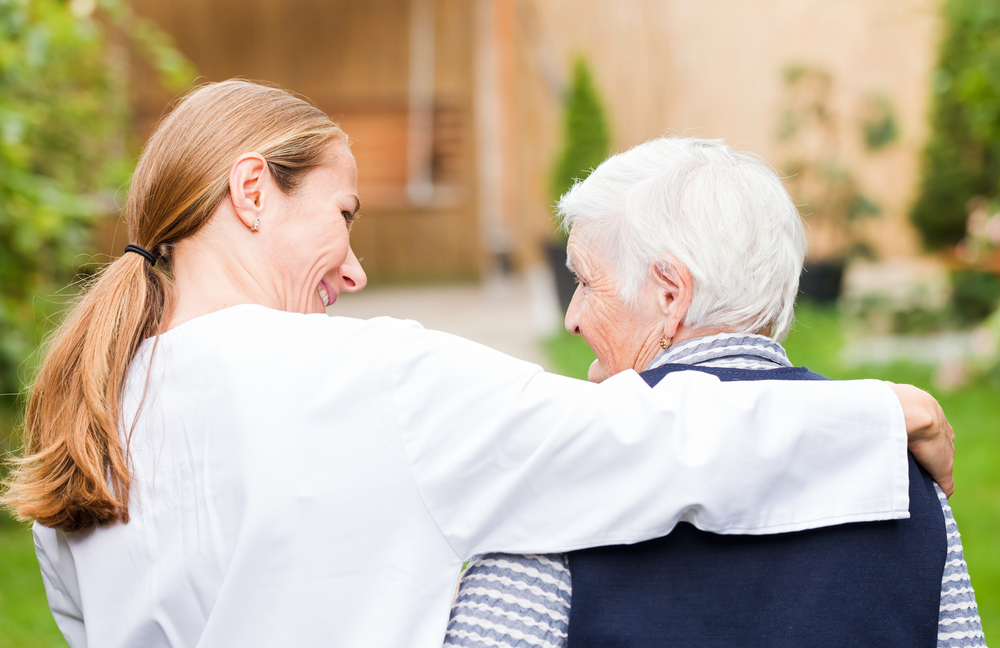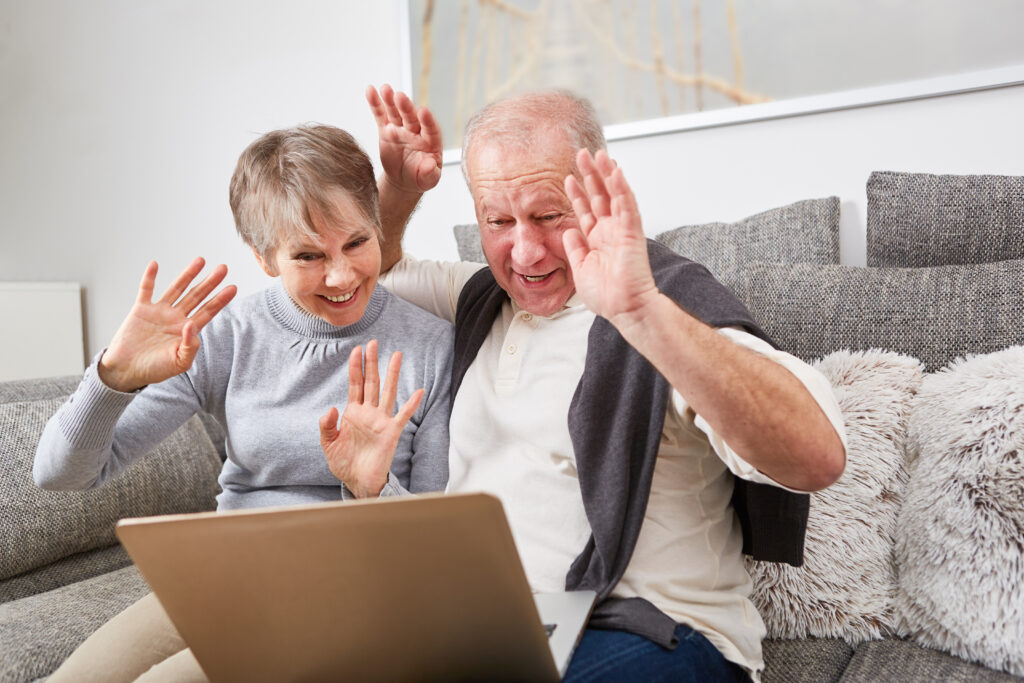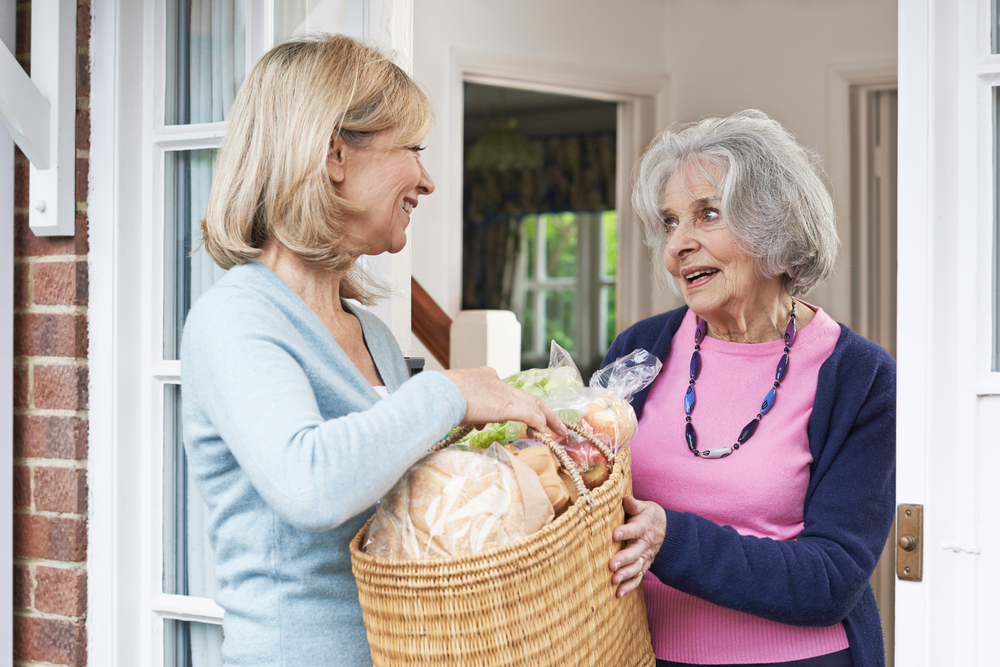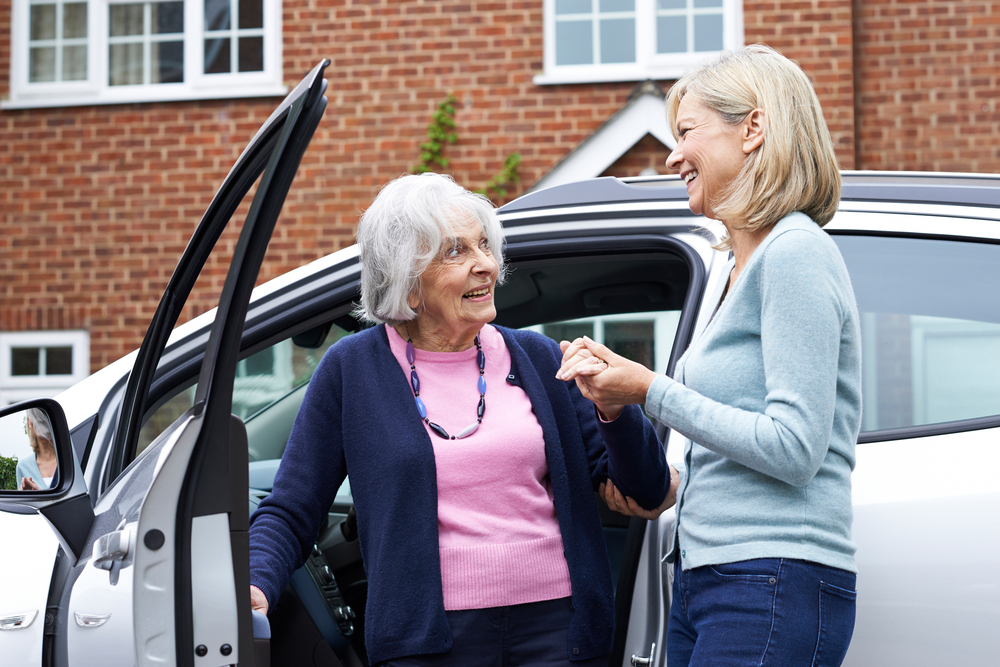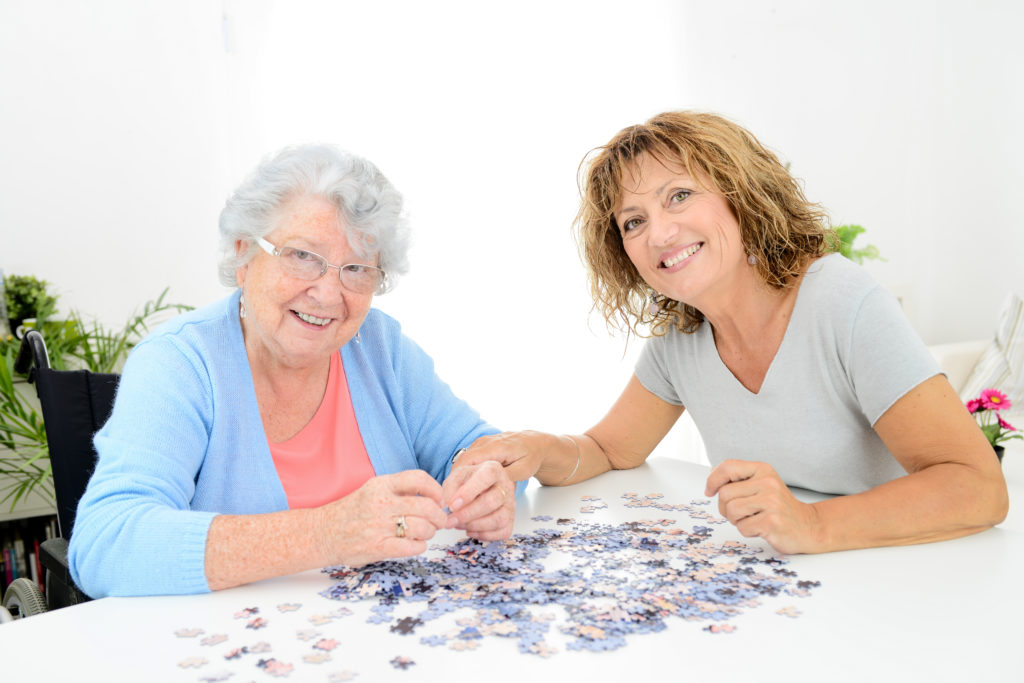The holidays are supposed to be a magical time for people of all ages. However sometimes it can become increasingly difficult for seniors to stay active, festive, and remain included in the numerous festivities happening around them. Below we discuss some simple ways to get social with your elders this holiday season and the benefits of doing so.

Holiday Themed Activities:
- Driving or walking to see local Christmas light displays
- Baking holiday cookies and treats
- Going caroling or going to watch carolers
- Putting up holiday decorations
- Cook holiday themed meals
- Watch holiday movies
- Do holiday themes arts & crafts
- Make DIY decorations
- Online shop together
- Go to church
- Volunteer together
How Socializing Benefits Seniors
Lack of social support is related to negative impacts on health and well-being for people of all ages, but especially for older people. According to the AASC, increased social support from others can be important in reducing stress, increasing physical health and defeating psychological problems such as depression and anxiety. Activities that promote positive self-awareness are especially valuable for helping improve a person’s overall quality of life and satisfaction.

Final Thoughts
Each passing year we get to spend with our loved ones brings with it an increased value and preciousness that cannot be taken for granted. Finding inclusive activities that the entire family can enjoy together doesn’t have to be difficult, forced, or stressful when you are effectively prepared and supported. For supplemental senior support during the busiest time of the year, call on the selfless CAREGivers at Home Instead Senior Care.

